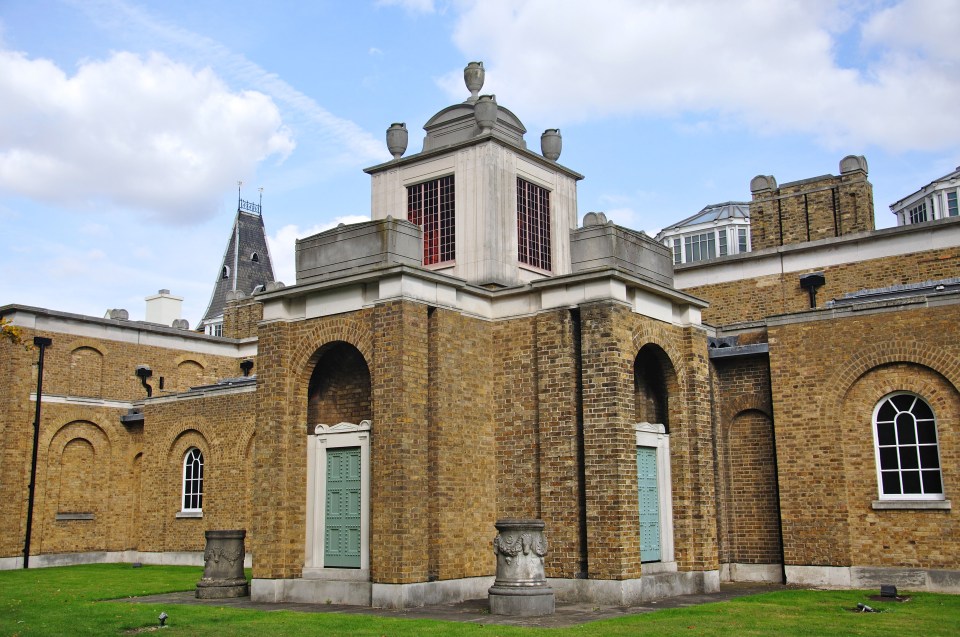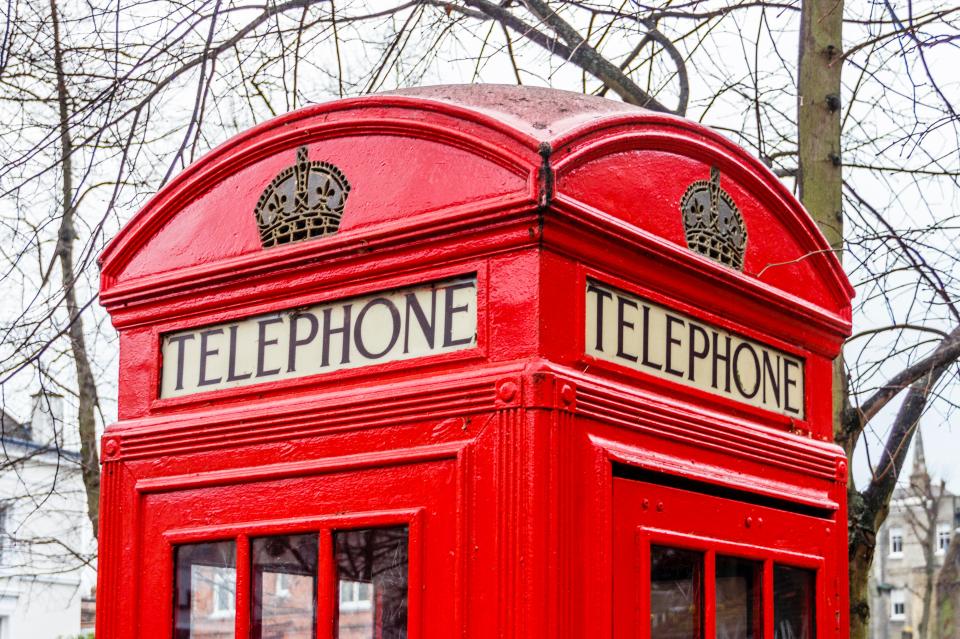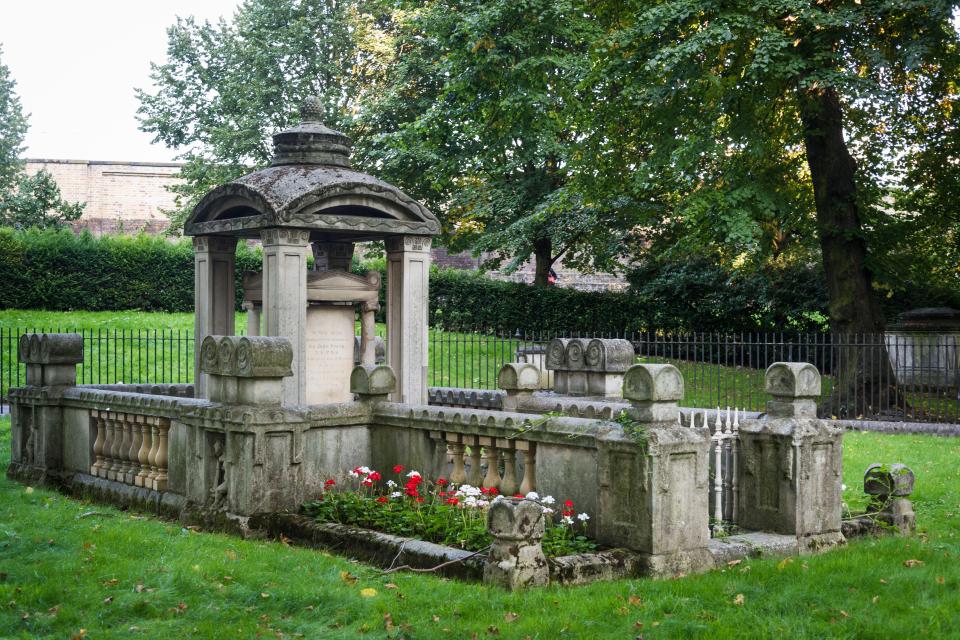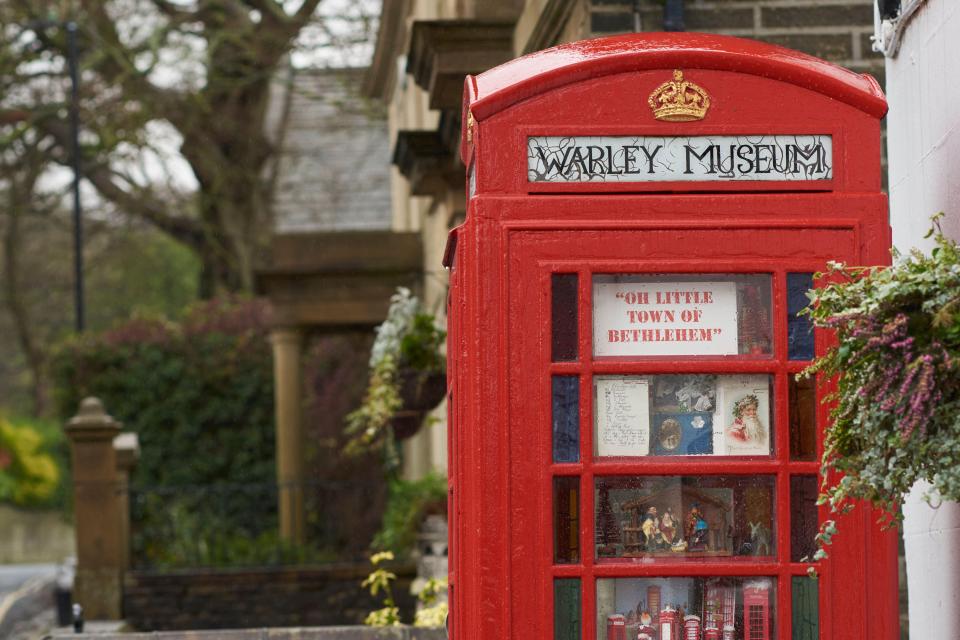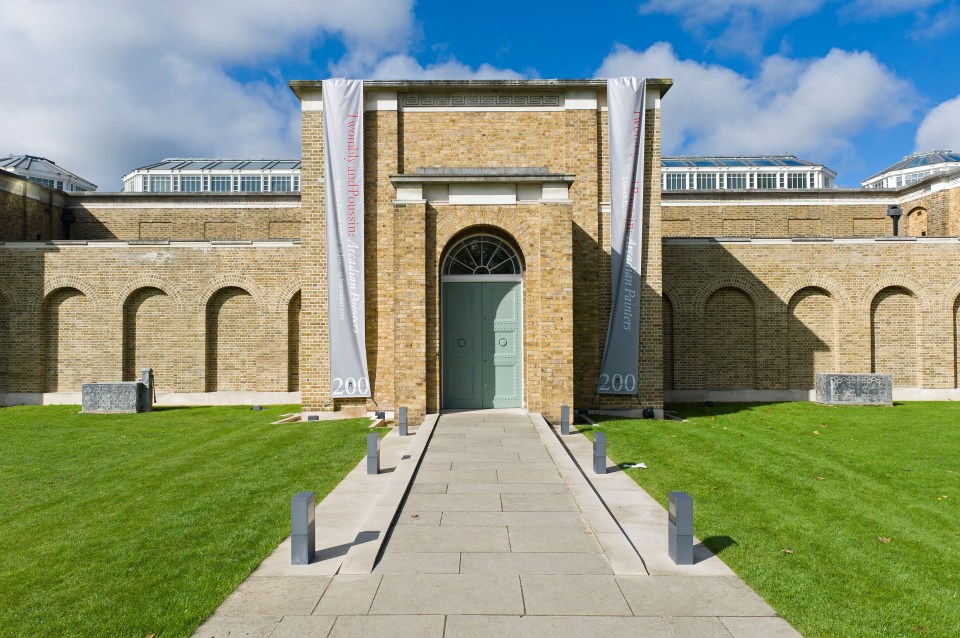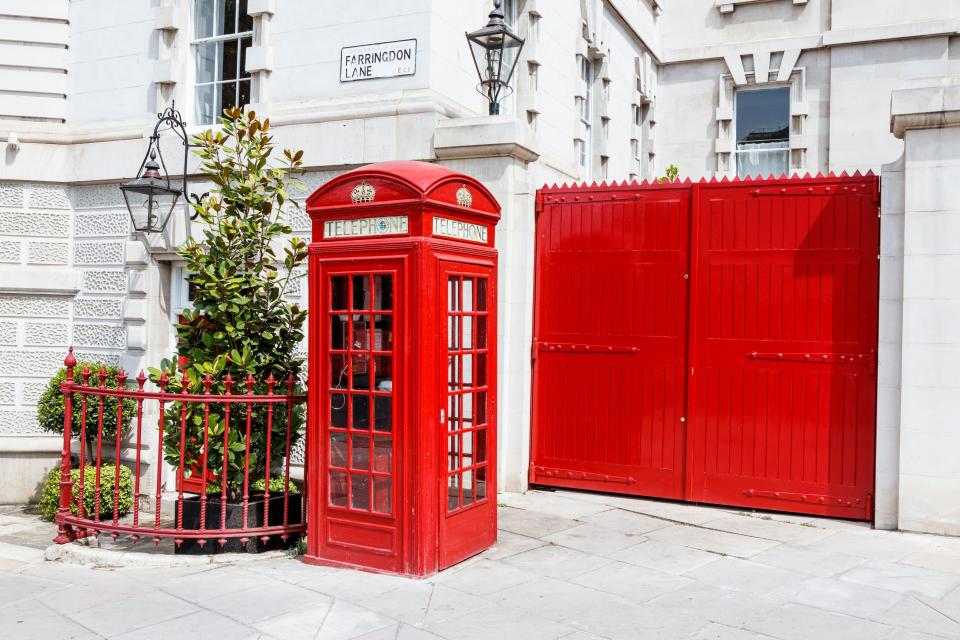The world-class attraction in a leafy neighbourhood that inspired the UK’s iconic red phone boxes

AN ART gallery in London is believed to be the inspiration behind the iconic red phone box.
Brits nationwide will be familiar with the famous red phone boxes, which have graced our streets for over 100 years.
The iconic red telephone boxes were designed by British architect Sir Giles Gilbert Scott in 1924.
According to Sir John Soane's London Museum , the designer of the telephone box was influenced by the work of Sir John Soane, who was another English architect.
During his career, Sir John Soane designed iconic British landmarks like Pitzhanger Manor House & Gallery, Wimpole Estate and The Bank of England Museum.
But the English architect is also responsible for designing Dulwich Picture Gallery, a world-class attraction in South London.
Read More on UK Attractions
The London art gallery is known for its significant collection of paintings by European Old Masters, including Rembrandt.
In addition to its famous paintings, the attraction also has another claim to fame.
Dulwich Picture Gallery is said to have inspired Sir Giles Gilbert Scott's design of the red telephone box.
According to the , the mausoleum's domed roof inspired the design of the red telephone box roof.
Most read in Travel
A giant red telephone box sits directly outside the art gallery, making for an easy comparison.
Entry tickets to Dulwich Picture Gallery cost £17.50 for a full-paying adult over the age of 30, while those under the age of 18 go free.
The easiest way to reach Dulwich Picture Gallery is via a train from London Bridge to West Dulwich, which takes roughly 40 minutes.
Other inspirations
Because Scott never confirmed the source behind his inspiration, other landmarks in London also lay claim to the design.
Another spot that could have inspired Scott's design is the Soane family tomb.
The tomb was designed for Scott's wife Eliza Soane in 1815, with the architect later being buried there too.
Fans of Soane's architecture can still visit the tomb today in the churchyard of St Pancras Old Church in London.
The churchyard is a one-minute walk from St Pancras International Train Station.
Other sources of inspiration are said to include the gateposts of Pitzhanger Manor and the tomb for Samuel Bosanquet in St Mary's Churchyard in Leyton.
Red telephone boxes to visit
Most red telephone boxes are largely a photo opportunity for foreign holidaymakers coming to the UK, but others have set uses, including housing defibrillators, tiny libraries, and even museums.
A red telephone box in Warley Town has been turned into one of the smallest museums in the country.
The museum, which is in the centre of Warley Village in West Yorkshire, contains artefacts that have been donated by local residents.
Another disused telephone box in Stratford Upon Avon, in Warwickshire, has been transformed into a tribute to Shakespeare.
The red telephone box sits directly outside the Royal Shakespeare Theatre in the town.
There are plenty of other unusual attractions in London, the cathedral of sewage, which has become an unlikely hit with tourists.
Located in Abbey Wood in South East London, Crossness Pumping Station was built in 1865 in a bid to combat the horrible smells that wafted through the capital.
After nearly 100 years in service, the building was left to rust until a band of volunteers set about restoring the site to its former glory.
Read More on The Sun
Here are the strangest tourist attractions in the UK, including a hole in the wall and a Sainsbury’s car park tunnel.
Meanwhile, a rusty pole is one of the UK's top tourist attractions.
Three other UK landmarks designed by Sir Giles Gilbert Scott

As one of the most prominent British architects in the early 20th century, Sir Giles Gilbert Scott is responsible for designing plenty of iconic buildings, including:
- Battersea Power Station, London
- Liverpool Cathedral, Liverpool
- Cambridge University Library, Cambridge


